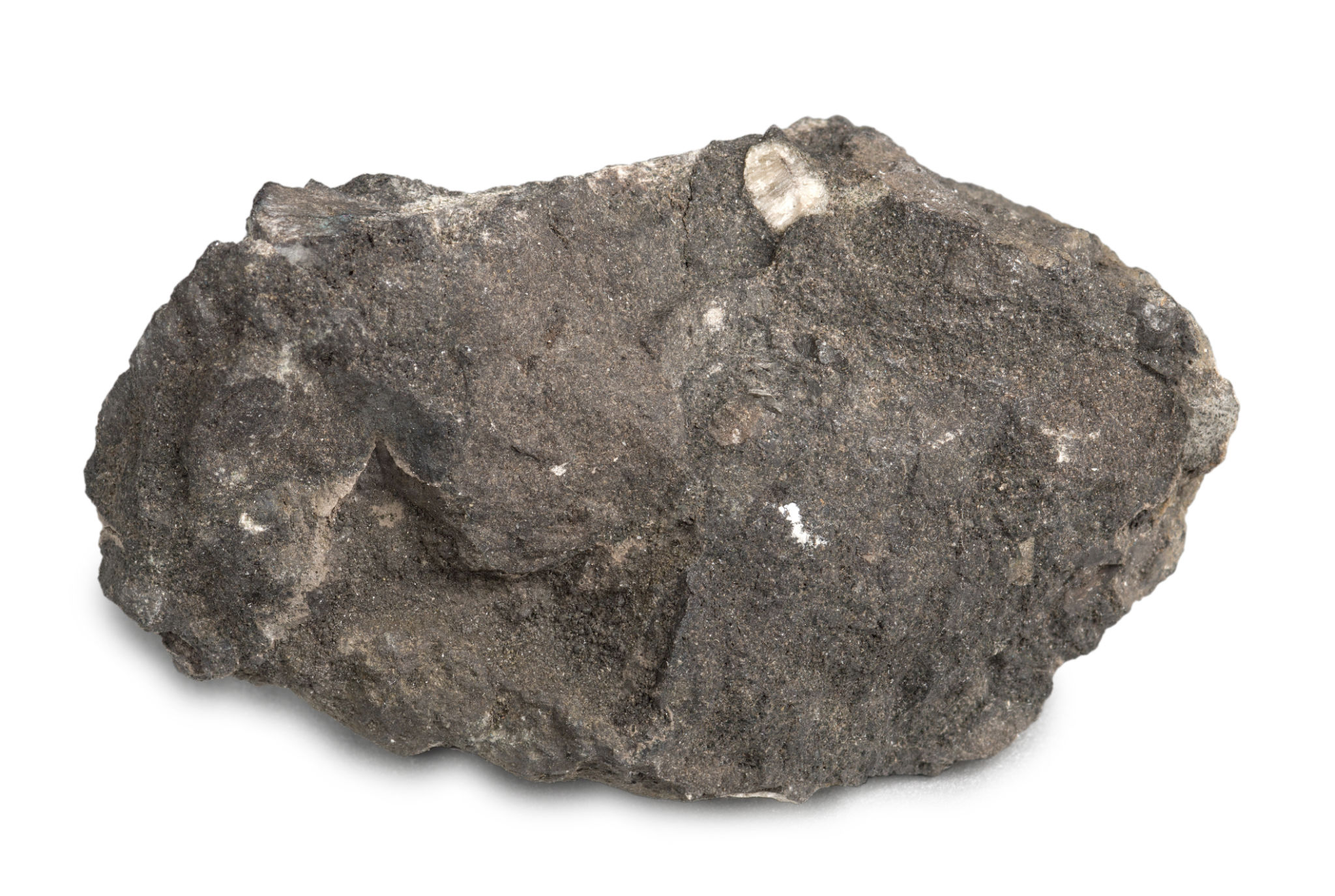The Role of Rock Phosphate in Sustainable Agriculture: A Comprehensive Guide
Understanding Rock Phosphate
Rock phosphate is a naturally occurring mineral source of phosphorus, an essential nutrient for plant growth. This mineral is mined from phosphorus-rich deposits and has been used for centuries to enhance soil fertility, making it a cornerstone of sustainable agriculture. As a non-renewable resource, the use of rock phosphate requires careful management to ensure its availability for future generations.
Phosphorus, the primary component in rock phosphate, plays a critical role in various plant processes, including energy transfer, photosynthesis, and nutrient movement within the plant. Without adequate phosphorus, plants exhibit stunted growth and poor yield. Therefore, understanding how to effectively use rock phosphate in agriculture is crucial for maintaining soil health and productivity.

Benefits of Using Rock Phosphate
One of the primary advantages of using rock phosphate in agriculture is its ability to improve soil fertility over the long term. Unlike synthetic fertilizers, which can lead to nutrient leaching and soil degradation, rock phosphate releases nutrients slowly, providing a steady supply of phosphorus to plants. This slow-release property reduces the risk of nutrient runoff and minimizes the environmental impact.
Additionally, rock phosphate supports the development of healthy root systems by enhancing soil structure. Improved root systems lead to better water and nutrient uptake, which is especially beneficial in drought-prone areas. By fostering robust plant growth, rock phosphate contributes to increased agricultural productivity and sustainability.

Application Methods for Rock Phosphate
To maximize the benefits of rock phosphate, it is important to apply it correctly. One common method is direct application to the soil, which involves spreading the mineral evenly across the field before planting. This approach is suitable for soils with a pH below 6.0, as acidic conditions enhance phosphorus availability.
Another method is composting rock phosphate with organic matter. This process involves mixing rock phosphate with materials like manure or plant residues, which helps break down the mineral and increase phosphorus availability. Composting not only improves nutrient uptake but also enhances soil microbial activity, promoting overall soil health.

Challenges and Considerations
While rock phosphate offers numerous benefits, there are challenges associated with its use. One significant concern is the variability in phosphorus content between different rock phosphate deposits. This variability can affect the effectiveness of the mineral as a fertilizer and requires careful sourcing and testing.
Additionally, over-reliance on rock phosphate can lead to imbalances in soil nutrient levels. To prevent this, farmers should adopt integrated nutrient management practices that combine rock phosphate with other organic and inorganic fertilizers. Such practices ensure balanced nutrition for crops and prevent environmental degradation.
The Future of Rock Phosphate in Agriculture
As global demand for food continues to rise, sustainable agricultural practices become increasingly important. Rock phosphate plays a pivotal role in meeting this demand by providing an eco-friendly alternative to conventional fertilizers. By using this resource wisely, we can promote sustainable farming practices that protect our planet's resources.
Research into alternative sources of phosphorus and improved application techniques will further enhance the effectiveness of rock phosphate. As we advance our understanding of soil science and nutrient management, rock phosphate will remain a key component in achieving agricultural sustainability.

